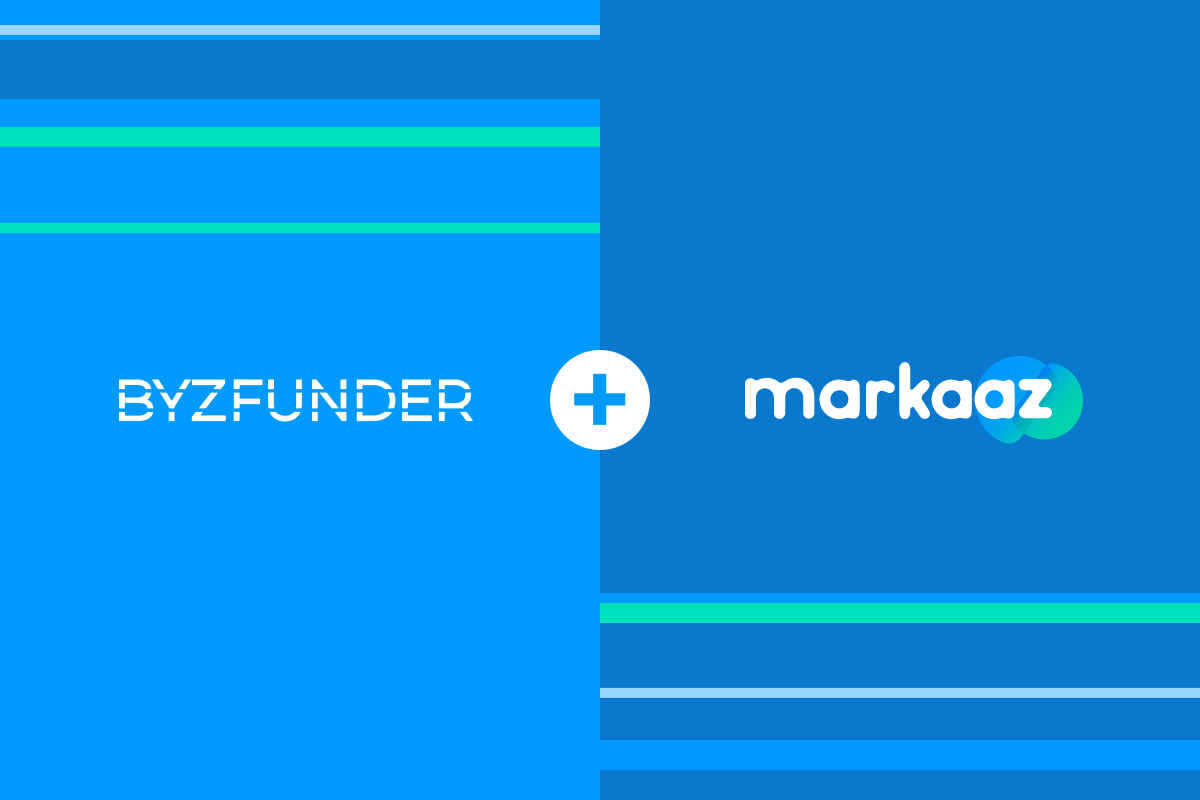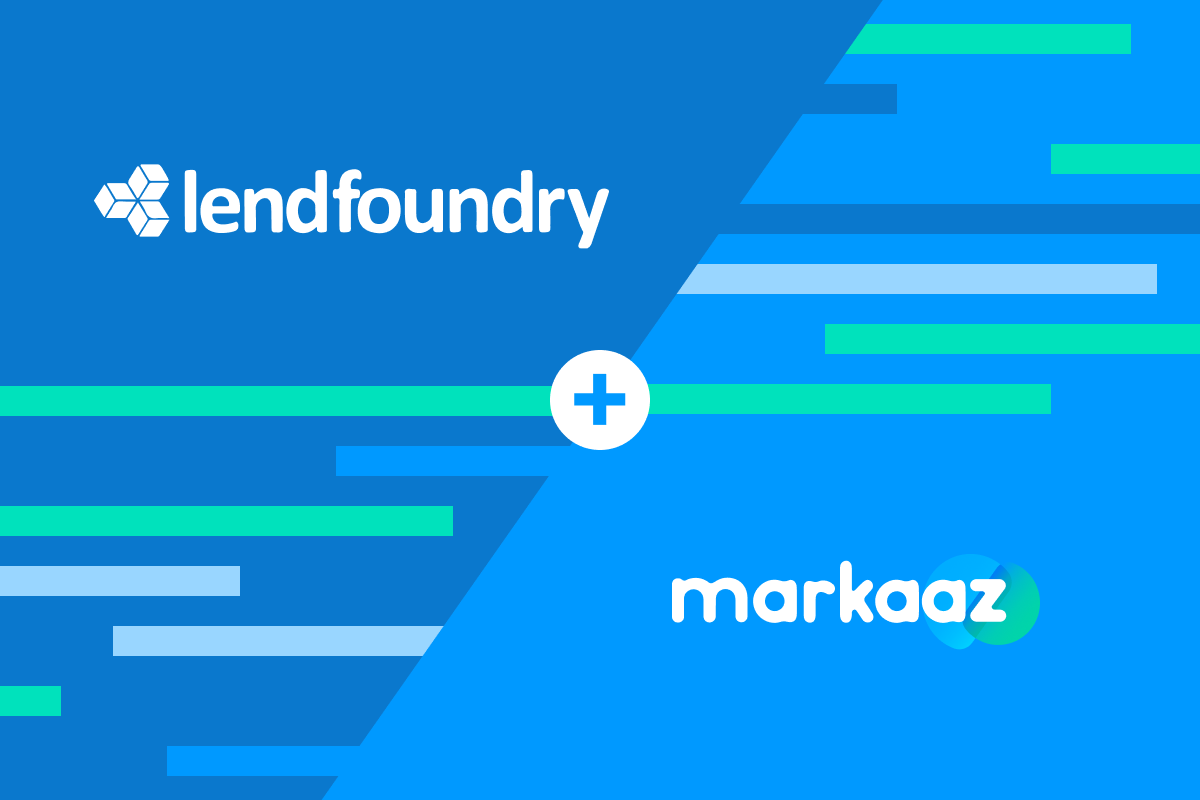Are you thinking of using your personal credit to finance your small business?
For some business owners, using personal credit is the only way to get their new company off the ground. However, it comes with plenty of risks.
A business owner might turn to a credit card or personal loan financing to get started or use it later for operating expenses. Funding a business with your personal credit is a legitimate source of business capital. It can be viable if you have a high limit or good credit score, a low-interest rate, and if the card offers you rewards when used. You’re not alone — according to the SBA, 46% of all small business owners use personal credit cards to start or operate their businesses. However, this form of financing may not always be the most desirable alternative, so weighing its pros and cons is essential.
Pros and cons of using personal credit to fund your small business
Pros:
Retain maximum equity: Business owners launching a startup, a potentially risky venture, generally believe they have a successful idea. The further you can take your company without outside help, the more you’ll be able to keep for yourself with less oversight.
More enticing offers: Low-interest rates are everywhere, making it standard for banks to include in their packages. Being able to forego interest for over a year on either upcoming purchases or funding expenses already incurred would help your bottom line.
No need for collateral: When requesting a business loan or line of credit, you’re typically asked to provide collateral. Some new businesses don’t have any collateral to offer yet, making it hard for them to qualify for business loans or lines of credit. A personal credit card or loan is a great way to avoid collateral.
Higher likelihood of achieving funding: It could be hard to qualify for a business loan, especially if you’re starting or have a high-risk venture. Using a personal loan or line of credit can be more efficient.
Cons:
Combined personal and business finances: When you use your personal credit for small business capital, the distinction between your business and personal finances essentially disappears. This is important for two main reasons:
- Personal credit score damage: Small businesses are associated with a significant risk, so using personal credit to fund one means risking your credit score.
- Personal liability: If debt or lack of funding proves to be the downfall of your company, debt collectors can come after your company and your income or assets to recoup what you owe. Also, mixing personal finances with your business could increase your liability if your company is sued for any reason.
Potentially low limits: Credit cards generally provide lower spending limits than secured alternatives because they are unsecured. Potentially, you could get a significant amount, but there is usually an invisible stopping point around the $50,000 mark.
Overextension: It’s much easier to spend more than you can afford with credit cards or personal credit. That’s why you should take extreme care not to overextend yourself or your business and put yourself in a hole.
Despite the risks of using personal credit for business, many business owners still decide the pros outweigh the cons. If you choose to take this route, make sure to formalize an agreement for repayment between you and the company. For example, make a shareholder’s loan for the amount you receive as a personal loan. If your business sells before your loan is repaid, include a clause stipulating the buyer is responsible for settling the business debt before the sale or out of the sale proceeds.
Other Options for Small Business Capital
It’s worth noting that personal credit isn’t your only avenue to business capital – there are many alternatives available for you to get the capital your small business needs. Markaaz has partnered and works with leading companies of all sizes to give you everything you need to succeed. We built the world’s first pre-verified small business directory, where you can discover new business suppliers and partners and monitor them over time.
We work with institutions to build a one-stop shop for small businesses to verify new suppliers, monitor them, and improve their cash flow. This includes features to give small businesses a better idea of what kinds of capital are available, opening up many opportunities.
Join Markaaz today, and be among the first to learn about our cash flow features.




